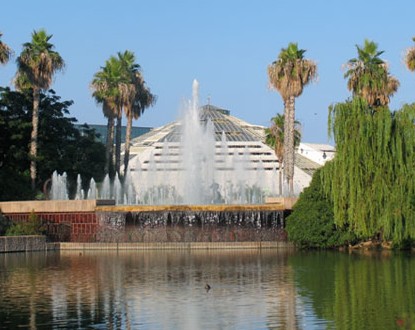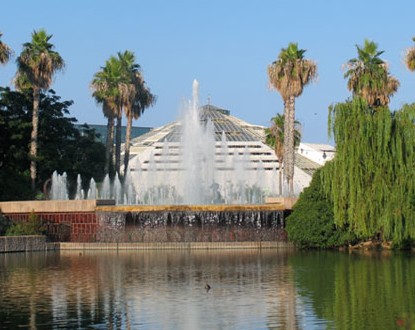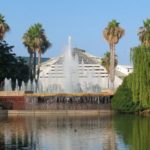Parc Phoenix in the city of Nice is hosting the exhibition “Sciences and Experiments: Scientific Experiments for Fun Learning” in the Emeraude Hall until June 3.
 This is a scientific exhibition intended for young people, from the equivalent of third grade up to tenth grade. Fun workshops will allow them to understand the mysteries of science by manipulating natural phenomena or mathematical reasoning without equations.
This is a scientific exhibition intended for young people, from the equivalent of third grade up to tenth grade. Fun workshops will allow them to understand the mysteries of science by manipulating natural phenomena or mathematical reasoning without equations.
Young scientists will have the joy of sparking their curiosity with real specialists in physics, mathematics, and biology. For each subject, experiments, puzzles, and discoveries will be offered!
The workshops:
Physics and a bit of Chemistry:
• Generate electricity with Nice lemons – Create the simplest electric motor in the world –
• Preserve ice – Combat atmospheric pressure – Dive or surface like fish
• Launch a vitamin-powered rocket – Feel the laws of the Universe – Detect optical illusions, etc.
Biology:
Our senses: how to deceive them? A blind spot hides in our eye!!! How many types of memory do we have?
• Blood circulation and breathing: how do they work? The Biosphere: a mystery to solve…
• Fruit flies: flies that explain our genes to us. Skin and UV: Friend or foe?
• Animal and plant cells: the units of life. The structure of proteins and DNA. A recipe to see your DNA.
Mathematics:
• How to color maps? The 7 bridges of Königsberg, odd or even? The Towers of Hanoi and sequences, the solitaire game, the Nim game, chance, Buffon’s needles, optimal strategy,
• Card tricks, tiling, the Möbius strip, the shortest path, the largest surface, spherical geometry,
• Rigid or deformable? Nails and strings, conics, the infinite hotel, the pigeonhole principle, the Art of math, the golden ratio.
These experiments were progressively developed at the University Nice Sophia-Antipolis, first in Physics in 2005, then in Biology in 2007, and in Mathematics in 2009. They were renewed in 2013.
The animations are performed by teacher-researchers from the University, CNRS researchers, and PhD, Master’s, and third-year Bachelor’s students trained by the University.
Games will offer the chance to win many scientific culture prizes.



